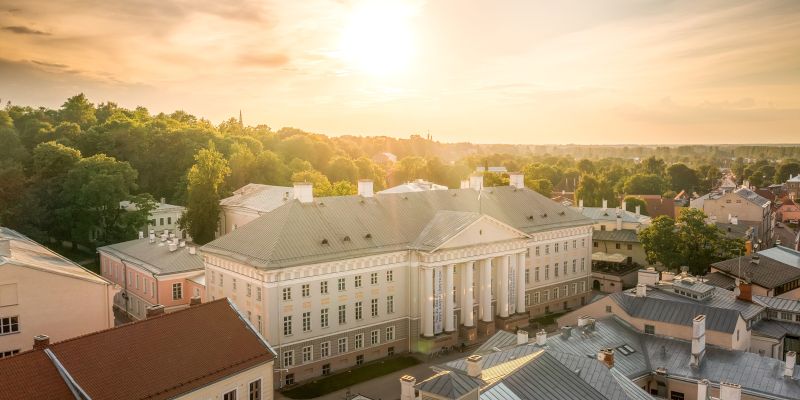NEWS & EVENTS

University of Tartu researchers received €60 million to develop two international centres of excellence
Two international research consortia led by the University of Tartu received €30 million from the European Commission each for the development of two research centres in Estonia over the next six years. One of the centres deals with the digitalisation of synthetic biology and the other with personalised medicine. The Estonian state will also give €30 million. Besides research excellence, the centres will boost the development of digitalised bioindustry and start-ups working on data-based health services.
The consortium DigiBio led by Mart Loog, Professor of Molecular Systems Biology at the University of Tartu, aims to combine synthetic biology with computer science and thereby achieve a quality leap both in biosciences and the industry using biotechnology. University of Tartu researchers have been studying cellular processes, their management and remodelling for years. "Now, we are planning to set up a digitalised unit for designing and building cell systems that is linked to IT units engaged in big data processing and machine learning. With the help of our partners from Denmark, we are developing a unique centre in the region, the work of which will also foster the development of new biotech-related IT start-ups and the bioindustry," said Loog.
The consortium on personalised medicine, led by Mait Metspalu, Professor of Evolutionary Genomics at the University of Tartu, aims to establish a personalised medicine R&D centre of international excellence in Estonia in collaboration with Tartu University Hospital. It will bring together expertise in genetics, IT, clinical medicine, public health and socio-economic analyses to explore all stages of implementing personalised medicine in an integrated way. The project will involve research, evaluating the utility and cost-effectiveness of personalised healthcare services through clinical trials, making electronic health records more usable and supporting innovation.
Read the full article.